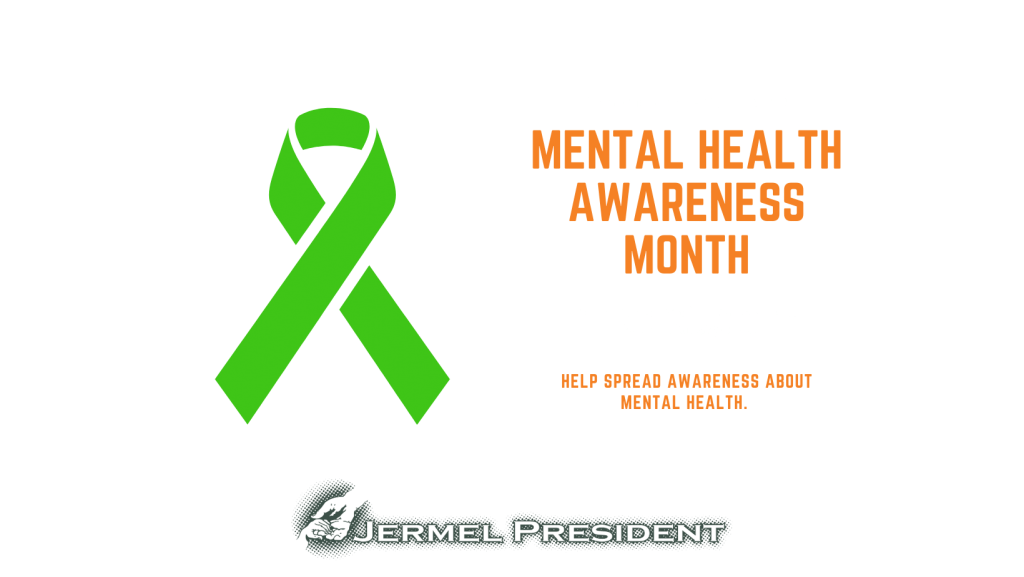Trigger warning: This blog post discusses mental health and suicide. If you or someone you know may be struggling with suicidal thoughts, call the National Suicide Prevention Lifeline at 1-800-273-8255.
Since 1949, the United States has observed Mental Health Awareness Month during the month of May. The purpose of Mental Health Awareness Month is to take away the stigma that surrounds mental health.
We want to raise awareness for the mental health struggles that student-athletes specifically endure. Trying to make good grades while having practice or games almost every night, holding down a job during any extra time to help support the family, and feeling the pressure, not just from your family and coaches, but from your team and the entire community to win, can create mental health problems for even the most relaxed of individuals.
Due to societal pressures, even professional athletes have long suppressed the urge to speak out about their mental health. Thankfully, we are now seeing star athletes like Simone Biles, Michael Phelps and Naomi Osaka speak openly about their mental health and even forego competitions or games in order to prioritize their own health.
Unfortunately, student-athletes have lost their lives to mental health. Sarah Shulze was a star athlete and student at the University of Wisconsin-Madison when she took her own life. (source) Star softball player at James Madison University, Lauren Bernett, passed away at 20 years old. Her teammate posted, “You really never know what someone is going through.” (source)
Why are student-athletes at risk for mental health struggles?
Sarah Shulze’s family shared:
Balancing athletics, academics and the demands of every day life overwhelmed her in a single, desperate moment.
According to the American College of Sports Medicine (ACSM), 30% of women and 25% of men who are collegiate student-athletes report having anxiety. (source)
Athletes are trained to be the best. They are directed to value winning above all else. Many student-athletes take this desire to win and ‘be the best’ into other parts of their lives including academics, volunteerism and hobbies. So a high performing student-athlete feels they need to out perform others on the field, in the classroom, in the orchestra, on the chess team and during volunteer work.
These high performers push themselves so hard while only 10% seek care from a mental health professional.
It is up to all of us who work in athletics or care for student-athletes to end this cycle.
According to the ACSM:
Student-athletes face pressures from academics and competing, as well as other stressors like being away home home, traveling for games, feeling isolated from campus and other students due to their focus on sports and adapting to being in the public spotlight.
If you are struggling with your mental health, please reach out to a professional. If you aren’t comfortable speaking to a stranger, please find a trusted parent, family member, coach or teacher to share how you are feeling. They will be able to guide you to the proper resources.



Comments are closed.